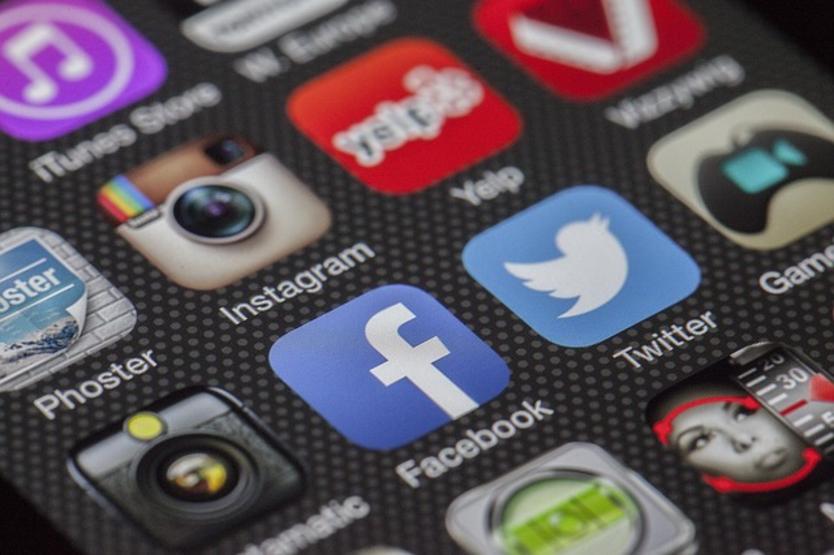In 2012, Michael Brutsch was fired from First Cash, a Texas financial services company where he worked as a programmer. Brutsch, as reported by Gawker media, was the man behind the notorious Reddit account Violentacrez. Widely known as one of the biggest trolls on the Internet, Brutsch took every opportunity possible to be offensive, from racist remarks to gore to distributing photographs of scantily-clad underage girls.
“I didn’t really think about what I was doing,” the 49-year-old father explained in an interview with CNN. “And I didn’t listen to people when they said ‘you really shouldn’t do this.’ My actions were a huge mistake. I was playing to an audience full of college kids.”
I don’t doubt that Brutsch’s infamy still follows him to this day. That isn’t the sort of thing you live down. And though the public portion of his story may have concluded nearly a decade ago, the lesson at its core has never been more relevant.
Be careful what you post online, because posting the wrong thing can and will have real-world consequences. You’re probably already aware of that to some extent, of course. The news loves reporting on instances where people have lost their jobs because of a racist or bigoted post, and it’s well-known that employers look up prospective staff’s social accounts before hiring them.
Yet we still treat social media as something other than a public forum. We still vent about employers, customers, and co-workers on Facebook. We still troll on Reddit. We still get in heated arguments on Twitter.
“People don’t realize how risky it can be to make throwaway comments on social media sites,” said Susan Hall, Head of Technology at Clarke Willmott LLP, a law firm based in the United Kingdom. “It’s easy to get carried away when you’re sitting in the comfort of your own home or behind your phone screen, but there are serious repercussions when baseless allegations are made.”
“This doesn’t only apply to Facebook, the same can be said for any social media platforms,” she continues. “There are a frightening number of criminal and civil wrongs which can be committed in 280 characters or less.”
As a good rule of thumb, if you wouldn’t say it to someone in public, you shouldn’t post it online. That should be enough to protect you from the lion’s share of problems you might run into. But there are other things you can do to protect yourself outside of cleaning up your act online.
- Create a Facebook profile for colleagues and professional contacts, either a public profile or one for acquaintances. When sharing anything you think might look unprofessional, set it so that it can only be seen by close friends.
- Make sure your passwords are secure.
- When posting a rant on a subreddit like r/sysadmin or r/talesfromtechsupport, anonymize it as much as possible. Consider using a throwaway, as well.
It’s easy to forget that what you do and how you behave online can have serious real-world consequences. But that’s something you absolutely need to keep in mind. Otherwise, you could well end up as another cautionary tale of carelessness on social media.
